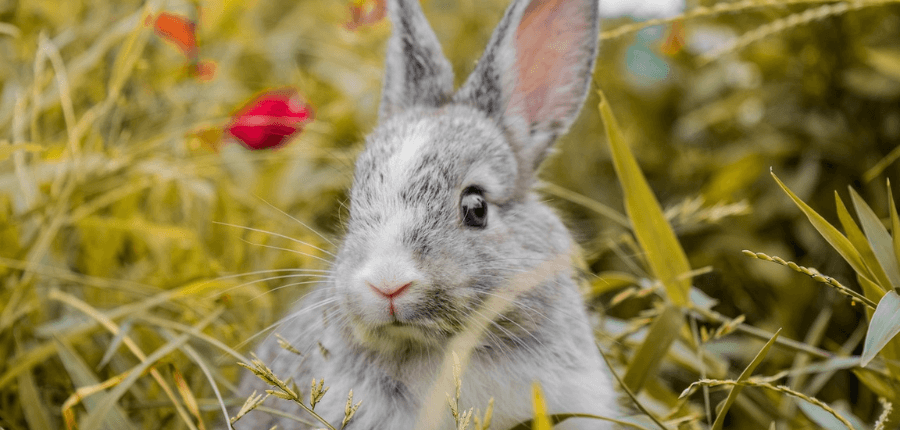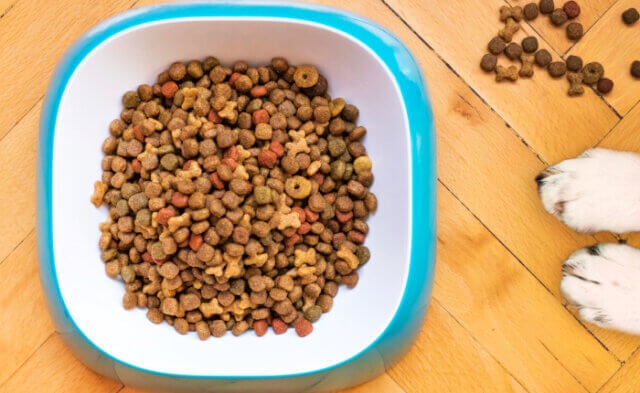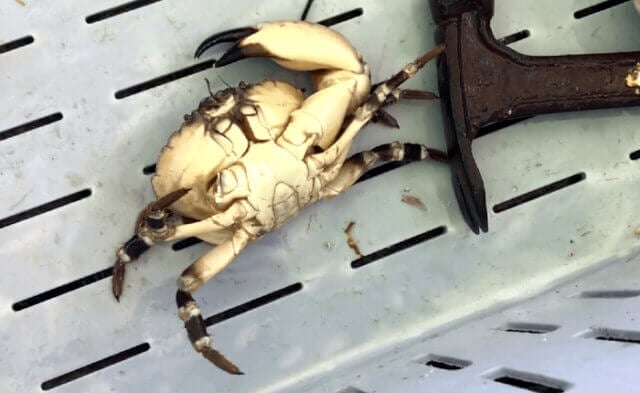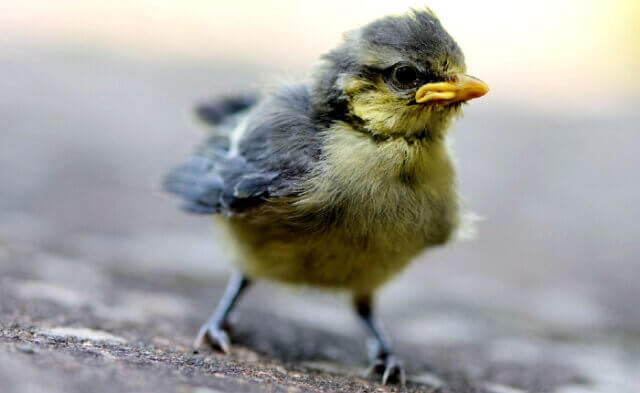By Melissa Rae Sanger
Every spring, my local garden store puts out huge metal troughs full of chicks for sale. These tiny, fragile beings scurry about, chirping and flapping their wings, eliciting “aws” and — unfortunately for the chicks — lots of grabbing from passersby. But when I look at them, I’m overcome with sadness, knowing that most won’t live to see their first birthday.
Although Easter is a time to celebrate rebirth, renewal and new beginnings, for many chicks, ducklings and rabbits given as gifts, Easter marks the beginning of the end.
Careless people put them in baskets adorned with bows and snap a few photos to share on social media. For a week or two, these young animals endure the spotlight. Constant handling—especially by excited children, who may not be gentle—is stressful for these vulnerable babies and can even break their bones. Once the novelty fades and the realization of the work involved in caring for them sets in, people often neglect or abandon them.
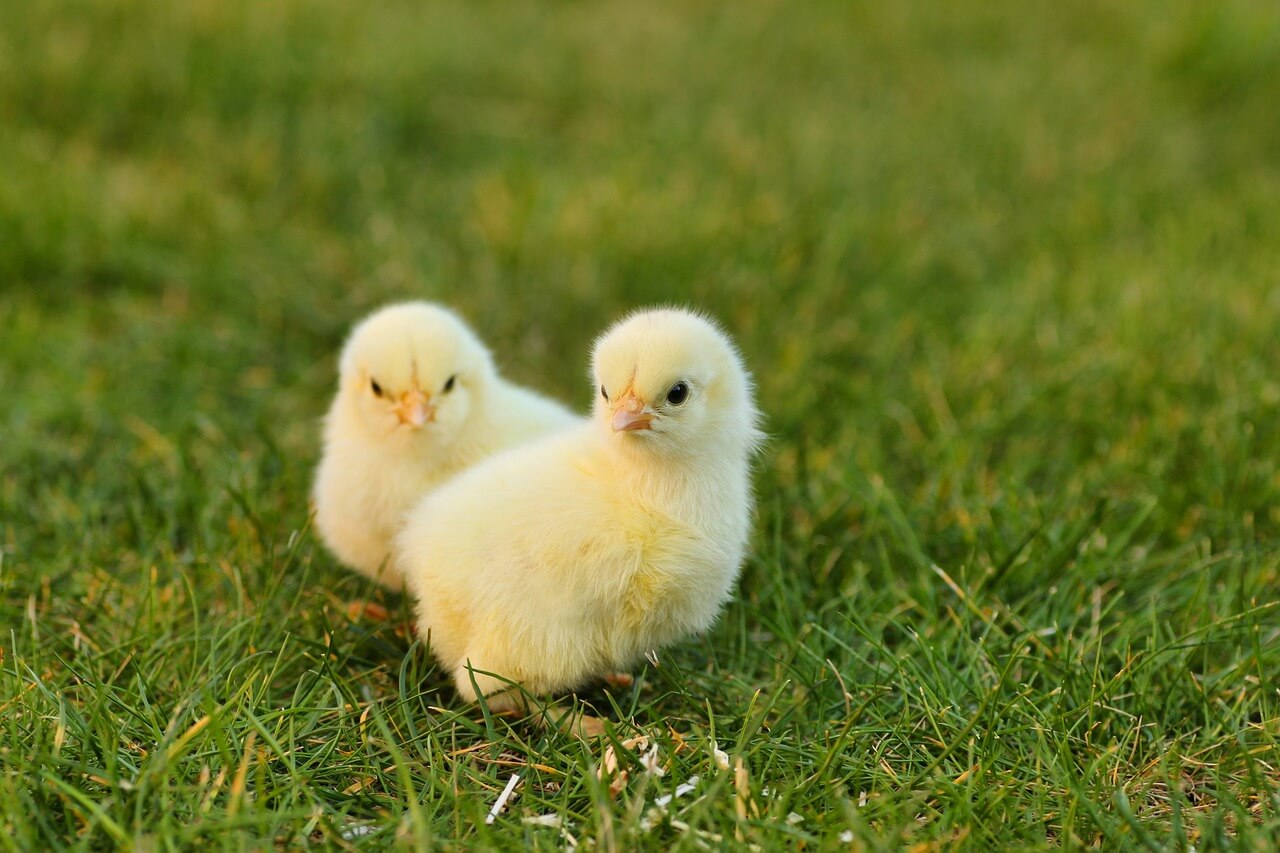
Chicks sold in stores suffer before they even hatch. Most of them come from crowded, filthy mass-production facilities, where they’re incubated under harsh, bright lights instead of their softly feathered, devoted mothers. If given the chance, mother hens expertly rotate their eggs up to 30 times a day and cluck softly to their chicks while they’re inside their shells. They lovingly care for their babies for up to two
But hatcheries ship chicks off when they’re as young as 1 day old. They’re subjected to temperature extremes, jostled around and deprived of food and water for 72 hours or longer. The journey is so stressful that many arrive at their destination sick or dead. Those who survive long enough to be purchased don’t fare much better: Most buyers have no idea how to provide the specialized care they need, which includes using heating lamps, carefully controlling temperatures and ensuring sanitation.
Ducklings, too, have specialized needs for space, warmth, veterinary care and access to a clean water source for paddling. Ducks do best as part of a group and suffer from extreme loneliness and sadness without companionship. And they poop—a lot! People who purchase ducklings because they think they’d look cute in an Easter basket are often completely unprepared to meet their needs and soon find themselves overwhelmed by the constant cleaning and care that these clever, outgoing animals require.
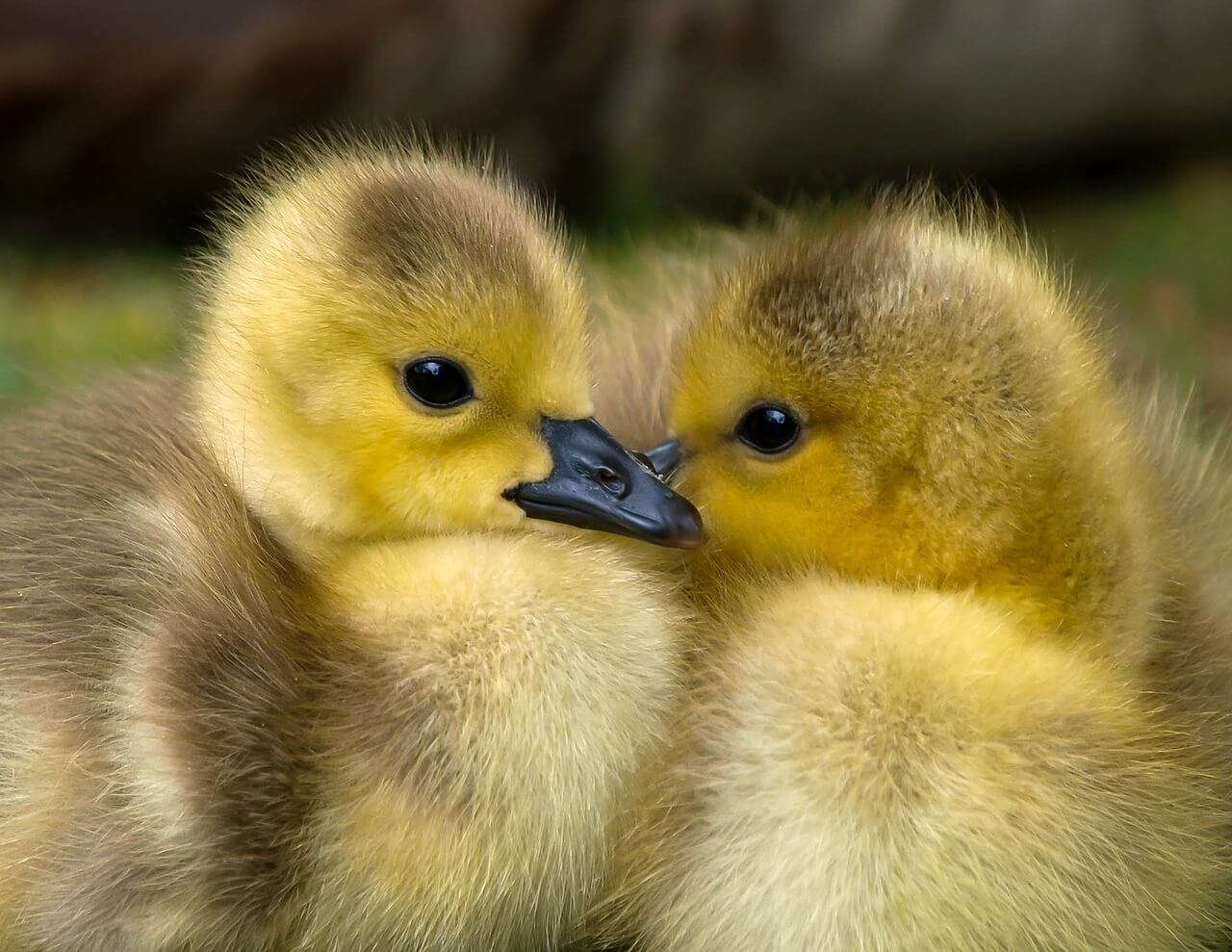
Similarly, rabbits require far more attention than impulse buyers anticipate. They’re voracious chewers, as their teeth never stop growing. They thrive on an endless supply of hay and plenty of space to roam and play and may become despondent when confined. After cats and dogs, these animals are the species most frequently surrendered to shelters by their overwhelmed, unprepared owners. If you’re interested in having a rabbit join your family, wait until the Easter hype dies down, do your research and then make a thoughtful, informed decision to adopt one (or two!) from an animal shelter.
Neglect runs rampant for these small animals who require a mountain of care. People sometimes stick them in a basement or backyard cage, ignoring them other than tossing them food and occasionally checking their water. Some irresponsible owners abandon these vulnerable individuals outdoors, which is cruel and illegal. They can’t “fend for themselves,” being accustomed to a life of captivity and entirely dependent on humans. Left on their own, they stand no chance against predators, starvation, the elements, injuries or diseases.
This Easter, celebrate new life by resisting the temptation to give live animals as gifts. Instead, stuff baskets with plush toys, which are cute and cuddly without the commitment; opt for books that teach children about chicks, ducklings and rabbits; or take young people on a hike where they might see free, wild ducks and rabbits living as they should. Please speak up if you see live animals being sold. And encourage everyone you know to hop into a humane Easter.

